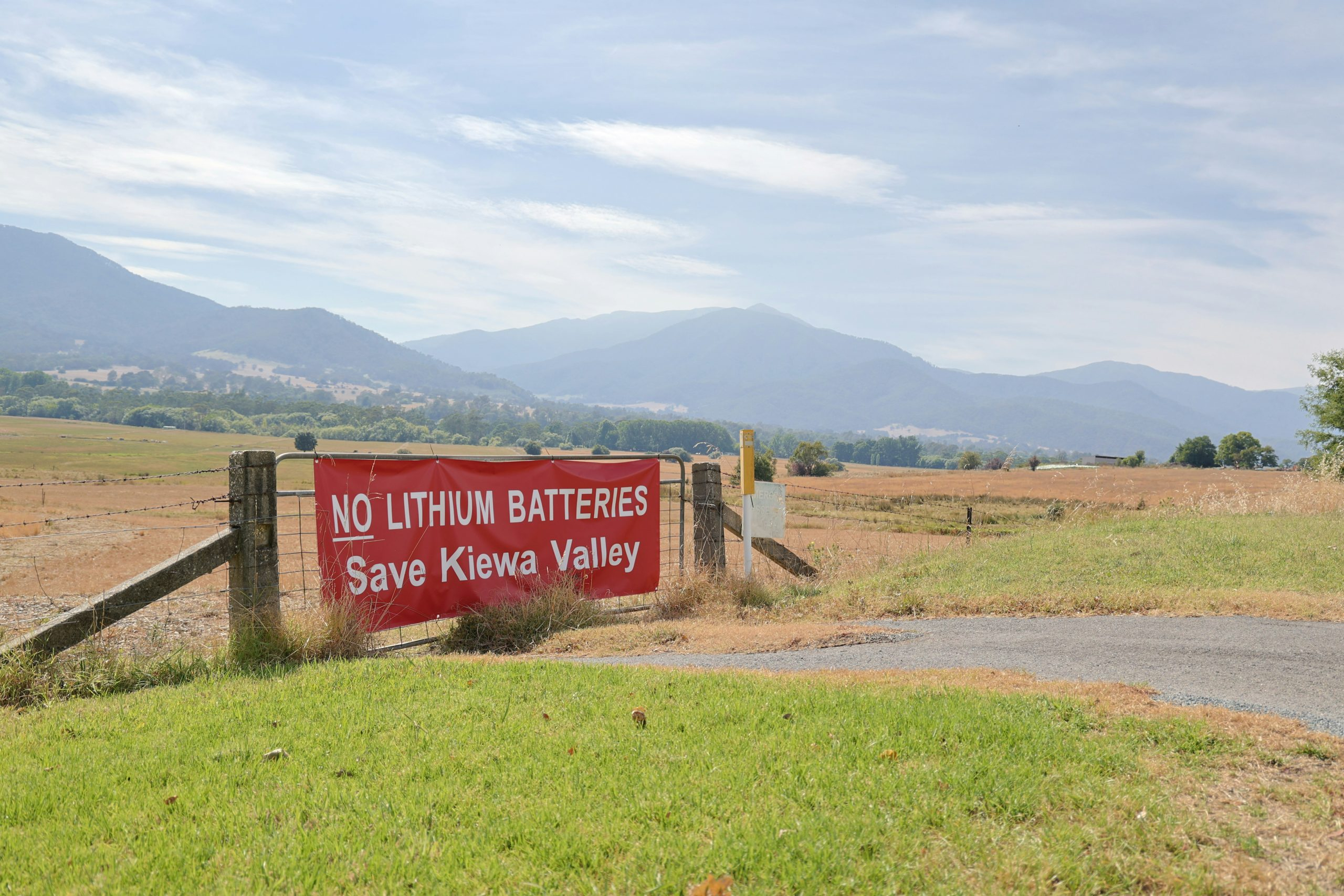Breaking Down the Challenges of Environmental Legal Policies
The protection of our environment has become a pressing issue in today’s society. As the world continues to face the devastating effects of climate change and depletion of natural resources, governments and organizations have turned to legal policies as a means of safeguarding our planet. However, implementing and enforcing these environmental laws is not without its challenges. In this article, we will break down the various obstacles that come with environmental legal policies and explore potential solutions to address them.
The Complexity of Environmental Issues
One of the biggest challenges of environmental legal policies is the complexity of the issues they aim to address. The environment is a vast and intricate system that is affected by a multitude of factors, such as land use, air and water quality, biodiversity, and climate change. These issues are often interrelated and require a holistic approach to effectively tackle them.
Solution: Cross-Sector Collaboration
To overcome the complexity of environmental issues, it is essential for governments, businesses, and communities to work together in a coordinated effort. Cross-sector collaboration allows for a more comprehensive understanding of the problem at hand and promotes the development of innovative and effective solutions.
Inadequate Resources
Another significant challenge of environmental legal policies is the lack of resources available for their implementation. Environmental legislation often comes with a hefty price tag, from conducting research and assessments to monitoring and enforcement. Many developing countries, in particular, struggle to allocate sufficient funds for these measures, hindering their ability to effectively address environmental concerns.
Solution: Financial Assistance
One way to address the issue of inadequate resources is through financial assistance. Developed countries can provide financial aid and technical support to developing nations to help them enhance their environmental management capacity. This support can range from donations and grants to technology transfer and capacity-building programs.
Inadequate Governmental Support
Despite the existence of environmental laws, the lack of actual enforcement is a widespread issue. Many governments prioritize economic growth over environmental protection, resulting in weak enforcement of regulations and laws. This lack of support from the government undermines the effectiveness of environmental legal policies and creates a sense of apathy towards environmental issues.
Solution: Transparency and Accountability
Transparency and accountability are crucial factors in ensuring adequate governmental support for environmental legal policies. Governments must be open and transparent about their environmental actions and be held accountable for their decisions and actions. Civil society plays a vital role in this regard by monitoring and reporting on government actions and policies, promoting accountability and transparency.
Resistance from Industries
Industries that rely on activities that are harmful to the environment, such as mining and logging, are often resistant to environmental legal policies. These industries argue that these laws are too restrictive and will hinder their operations and profitability. As a result, they often lobby against the implementation of stringent regulations, making it challenging to enforce them.
Solution: Incentives for Compliance
Instead of solely relying on punishment, governments can offer incentives to encourage industries to comply with environmental legal policies. This can include tax breaks, subsidies, or recognition for sustainable practices. These incentives can help shift the attitude of resistant industries and encourage them to adopt more environmentally friendly practices.
Alleviating Poverty
In many developing countries, poverty is a major barrier to environmental protection. People living in poverty are often forced to prioritize their basic needs and survival over environmental concerns. As a result, they may engage in environmentally harmful activities, such as illegal logging or poaching, to earn a livelihood.
Solution: Sustainable Development
Addressing poverty is essential in promoting environmental protection. Sustainable development aims to achieve economic and social progress while maintaining the balance of ecological systems. By providing sustainable income alternatives and education, people living in poverty can become active participants in environmental protection.
In conclusion, the challenges of environmental legal policies are numerous and complex. It requires a collaborative effort, adequate resources, government support, and incentives to overcome these obstacles and effectively protect our planet. By addressing these challenges, we can work towards a sustainable future for generations to come.










